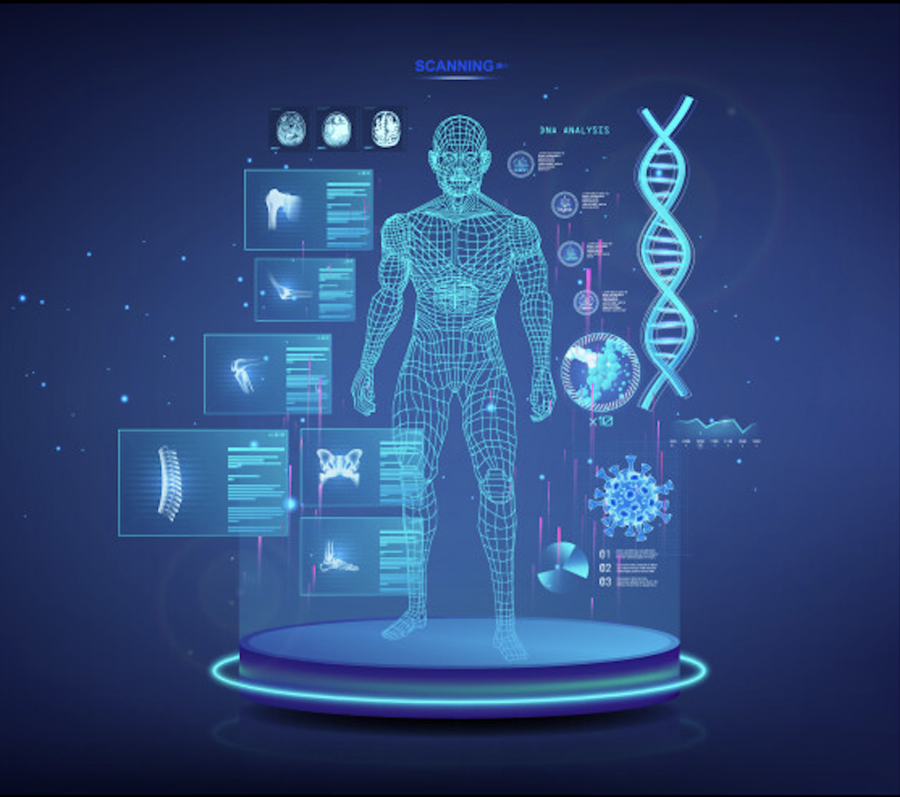
AI in public health jpeg
The Unit hosted a special seminar on powering personalized care and public health innovation through artificial intelligence in collaboration with Microsoft Research Accelerator, featuring a presentation from Dr. Kenji Takeda, Director of Academic Health and AI Partnerships at Microsoft Research Accelerator. The talk delved into the transformative role of artificial intelligence (AI) in precision medicine and public health. Dr. Takeda articulated the ambitious vision of precision medicine: delivering the right intervention to the right patient at the right time, extending beyond treatment to encompass prevention, longevity, and healthier lives for all.
Technological evolution and AI innovations
During his presentation, Dr. Takeda traced the evolution of medical technology, highlighting key milestones from microscopes and genomic sequencing to stethoscopes and medical imaging. He emphasized that health technology is now at a tipping point where AI can accelerate advancements in healthcare at unprecedented speeds.
Dr. Takeda showcased how Microsoft's AI tools, such as Copilot, are being utilized in healthcare to query specific health topics and new developments in health research. He also discussed the potential of Multimodal Generative AI, the next frontier in precision health, to revolutionise biomedical discovery and healthcare delivery.
Impact on healthcare
Dr. Takeda illustrated several practical applications of AI in healthcare. He explained how AI has accelerated biomedical discovery by analysing vast datasets more efficiently, significantly enhancing research processes.
“AI technologies are improving diagnostic accuracy and personalizing treatment plans, enabling healthcare providers to offer more precise and effective care to patients.” stated Dr. Takeda
In the realm of public health, AI is being used to track and predict health trends, aiding in better preparedness and response strategies. These advancements demonstrate AI's capability to enhance both individual patient care and broader public health initiatives.
Highlights and future opportunities
The seminar provided participants with valuable insights into the current state and future potential of AI in healthcare. It highlighted the importance of ongoing collaboration and innovation in achieving the vision of precision medicine and improving public health outcomes.
The session also highlighted potential opportunities for collaboration among attendees, leading to the formation of groups aimed at exploring AI applications in their respective fields.
Click on this link to watch the full seminar
About the Unit's Training & Capacity building section
The Unit’s training and capacity buillding section aims to build the capacity of the next generation of research leaders in Uganda and across Africa to address the intractable health challenges in the region and globally, by empowering scientists to become internationally competitive.
Learn more about the Unit’s Training & Capacity Building section
If you enjoyed this article and would like to build a career in global health, we offer a range of MSc programmes covering health and data, infectious and tropical diseases, population health, and public health and policy.
Available on campus or online, including flexible study that works around your work and home life, be part of a global community at the UK's no.1 public health university.
